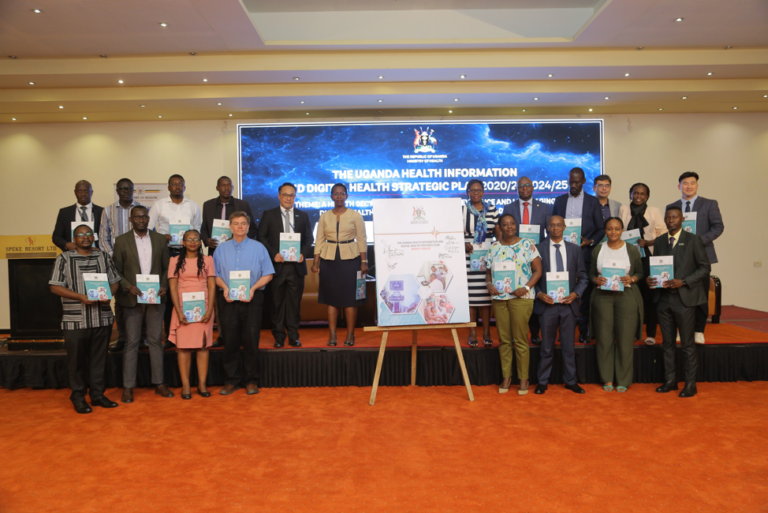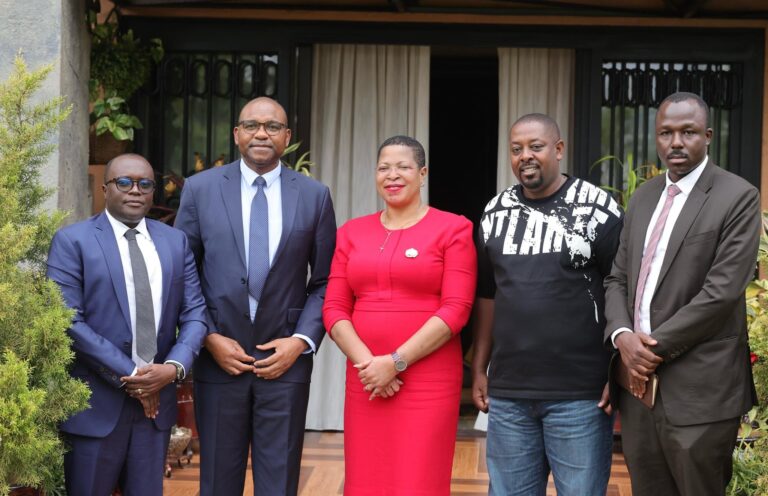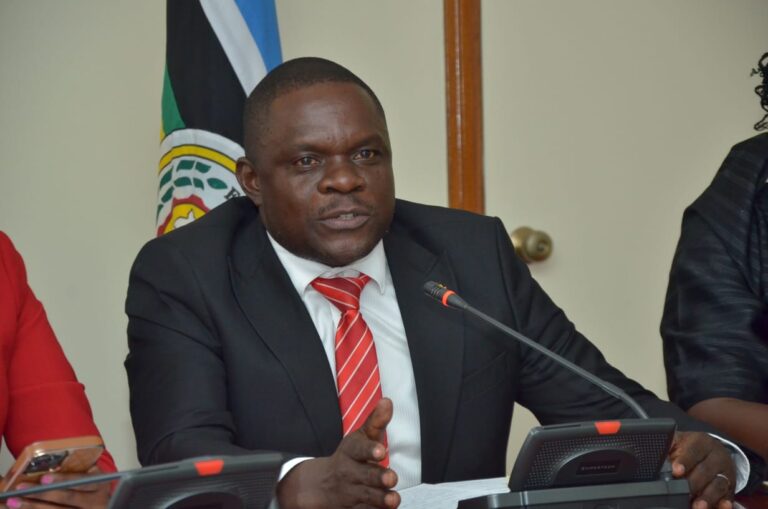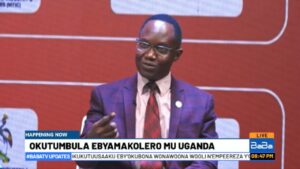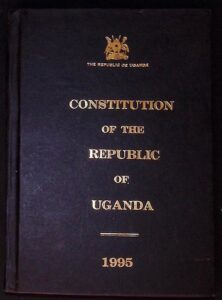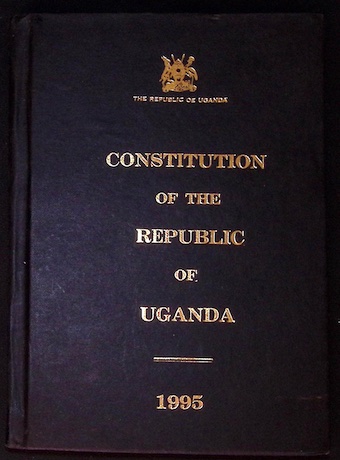
✍️By Bakinyumya Douglas Paapa Ov Uganda
16th /October /2025
Thirty years since the adoption of the 1995 Constitution, Uganda stands at a crossroads torn between celebration and reflection. The anniversary has reignited national debate: is Uganda commemorating a democratic milestone, or mourning the slow erosion of the very ideals the Constitution sought to protect peace, justice, accountability, and the rule of law?
A Turning Point in History
In mid-1994, Uganda embarked on an ambitious constitutional journey. A Constituent Assembly of 284 delegates, drawn from districts, political movements, and special interest groups, convened to debate the Odoki Blueprint a document that aimed to reconcile the competing visions for a new Uganda.
After months of spirited debate and compromise, on 8th October 1995, the Assembly adopted a new Constitution. It was more than a legal manuscript; it was a symbol of liberation and a covenant of hope, promising that power would never again go unchecked, that rights would be respected, and that no voice would be silenced.
For three decades, this Constitution has served as Uganda’s supreme law guiding governance, entrenching human rights, and strengthening national unity. Institutions such as the judiciary, police, and Parliament have derived their authority from it, with the promise to serve citizens without fear or favor.
Three Decades Later: Questions That Still Haunt the Republic
As Uganda marks this milestone, hard questions echo across the nation. Is the Constitution still effective OR selectively applied?
Many Ugandans feel it has become a tool more potent against opposition voices than a shield for all citizens. Justice remains elusive for the poor, court cases drag for years, and civic education on constitutional rights remains limited.
The Constitution envisioned an empowered, participatory democracy, yet citizens find themselves increasingly detached from key national dialogues on governance and reform. While the nation celebrates, others ask what is there to celebrate when constitutionalism exists more on paper than in practice?
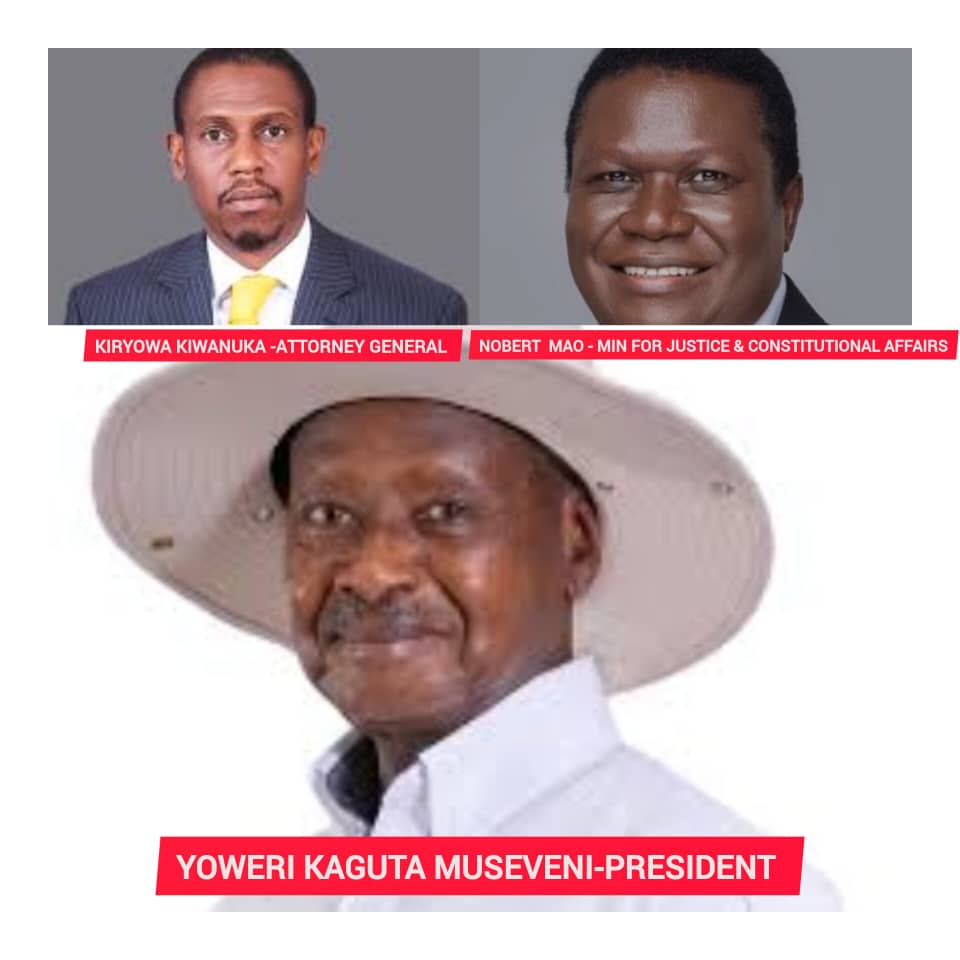
Celebration or Cry for Redemption?
As Uganda commemorates 30 years of constitutionalism, it must confront its contradictions. The Constitution promised equality before the law, but corruption and political interference continue to erode trust in state institutions. The ideals of the Constituent Assembly accountability, transparency, and people-centered governance appear to be fading under the weight of political convenience.
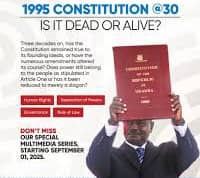
So, the question lingers: is Uganda truly celebrating the 1995 Constitution OR crying for its rebirth?
The answer lies not in the speeches or ceremonies, but in the daily experiences of citizens in how justice is delivered, how leaders are held accountable, and how power serves the people.
✍️ By Bakinyumya Douglas Paapa Ov Uganda
(Political TV Producer & Host – @BDouglasPaapa





